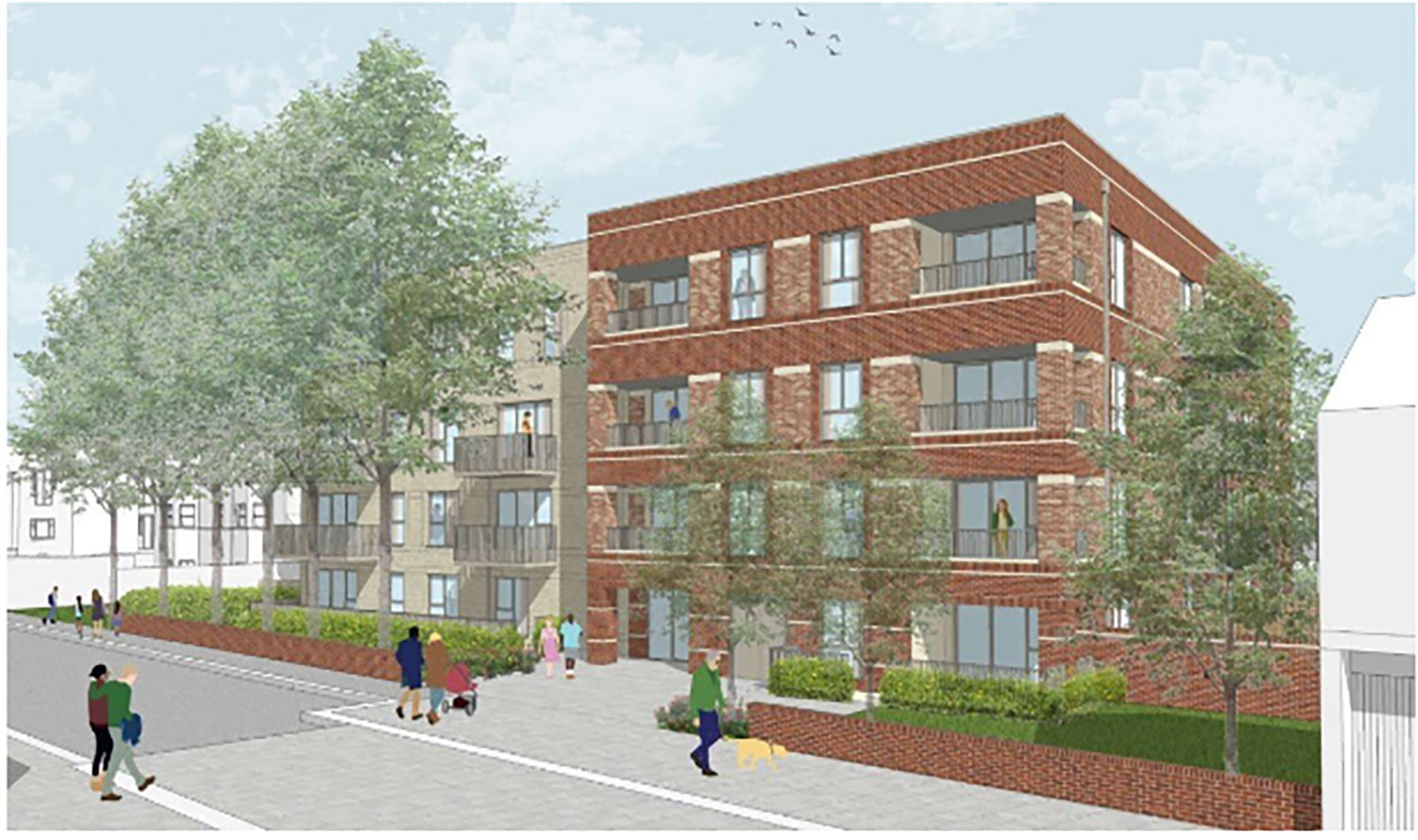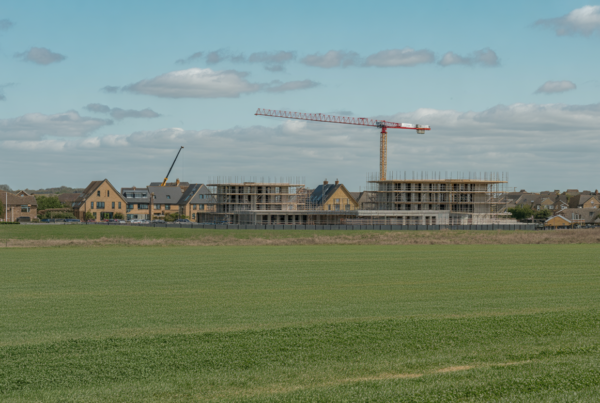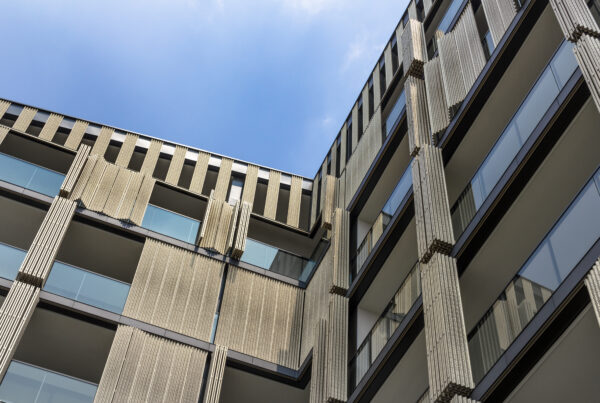Institutional investors including pension funds, Real Estate Investment Trusts (REITs), and private equity firms are increasingly viewing social housing as a long-term, stable asset class. Unlike commercial real estate, which faces cyclical fluctuations, the affordable housing sector benefits from government-backed rental income, low tenant turnover, and consistent demand.
According to the National Housing Federation the UK faces a severe shortfall of over 4.3 million affordable homes. In response, successive governments have introduced funding initiatives to accelerate delivery- But as it stands less than 1% of UK affordable housing is currently owned by institutional investors. This discrepancy presents a significant opportunity for institutional capital to be deployed into a sector with strong demand fundamentals, long-term security, and measurable social impact.
The Growing Appeal of Social Housing for Institutional Investors: Why Institutional Investors Are Entering the Social Housing Market
One of the key attractions of social housing investment is its predictable, inflation linked income. Housing associations typically operate on long-term leases, with a substantial portion of rent payments covered by housing benefits. This provides a stable revenue stream, and- critically- shields investors from the volatility often seen in other property sectors.
Additionally, social housing exhibits counter-cyclical demand, meaning during economic downturn the need for affordable housing only grows- Reinforcing the resilience of the sector. Unlike commercial property, where rental arrears and void periods can be a challenge, social housing benefits from low tenant default rates due to state-backed rental support.
Further bolstering investor confidence is the UK Government’s commitment to expanding affordable housing stock. The Affordable Homes Programme (AHP) has allocated £11.5 billion in funding for 2021-2026 with the primary purpose of delivering thousands of new homes. At the same time, For-Profit Registered Providers (FPRPs) are providing an alternative route for private sector participation in social housing, opening new opportunities for institutional investors.

Challenges to Institutional Investment & Risk Mitigation Strategies
Despite its appeal, institutional investors must navigate key barriers to entry. One of the main concerns is development and construction risk. Many investors prefer stabilised assets with an operational track record, yet with the current undersupply of affordable housing, investment in new developments is necessary. A-rated insurance backed structural protections, such as a 12-year building warranty, are critical in mitigating risk- offering cover against unforeseen defects or remediation costs.
Regulatory and operational complexities also present challenges – Social housing is subject to strict compliance requirements, including tenant welfare regulations and property management standards. Institutional investors often mitigate this risk by partnering with experienced housing associations or registered providers, ensuring that properties remain fully compliant and well-managed.
Liquidity remains another consideration. Unlike commercial real estate, where established exit strategies exist, social housing assets can be less liquid. However, the emergence of REIT structures, long-term joint ventures, and government-backed lease models has provided investors with improved options for capital flexibility.
The Role of A-Rated 12-Year Building Warranties in Institutional Investment
For institutional investors, long-term asset protection is a necessity. A 12-year building warranty backed by A-rated insurers ensures that social housing developments meet lender requirements while protecting against structural defects, design failures, and construction risks.
At J3 Advisory, we specialise in securing A-rated 12 year building warranties for social housing projects, working closely with lenders, developers, and investors to provide comprehensive risk protection. These warranties not only safeguard against potential structural failures but also enhance the investment appeal of developments by reducing financial exposure and ensuring compliance with lender obligations.
With institutional capital flowing into social housing at a growing pace, ensuring proper risk transfer mechanisms including A-rated structural warranties will be fundamental in attracting further investment into the sector.
12 Year Social Housing Building Warranties:
UK social housing presents a strong investment opportunity, offering long-term stability and inflation-linked returns.
For those looking to invest in social housing with greater certainty, having the right protections in place is essential. Get in touch with J3 Advisory to explore how an A-rated 12-year building warranty can support your investment strategy.
About the Author

Ellie Farrell
Senior Advisor
Ellie has collaborated with developers across the UK, delivering tailored insurance solutions for a diverse range of high-value developments. Ellie brings a wealth of knowledge and a dedicated focus to the North West region. Her proactive approach and commitment to her clients have earned her a reputation for providing high-quality service and creating long-term value.





